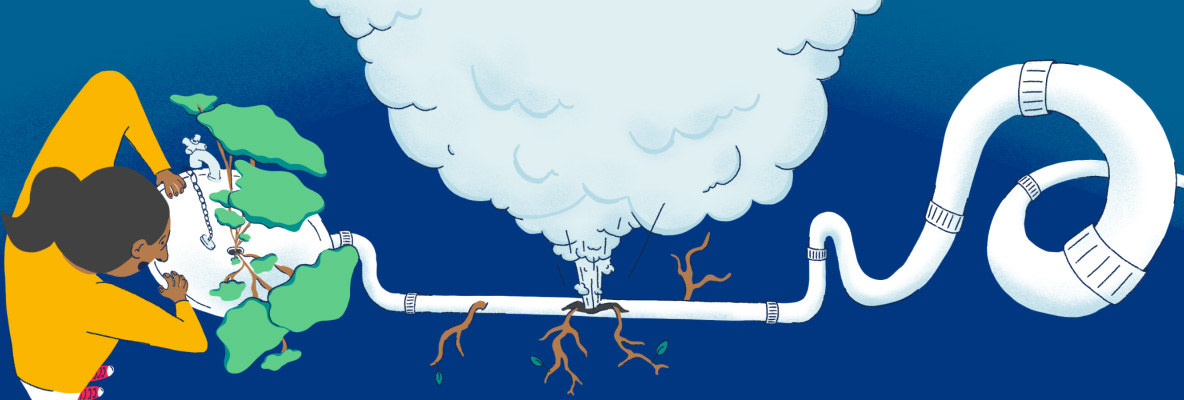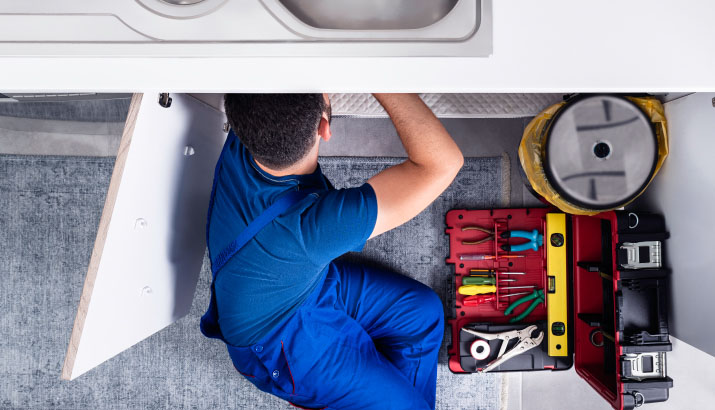If you’ve noticed your drains working a little slower recently, they could be cultivating a hidden garden below ground. According to the City of Sydney’s fact sheet 'Trees and their effects on drains and pipes' (PDF, 137 KB), tree roots are a common cause of blocked and burst pipes. Understanding how water leaks develop and what you can do to prevent them may help reduce your risk of needing to make an insurance claim.
How tree roots affect pipes
Roots naturally search for water and nutrients, so any leaks can lure a tree towards a pipe’s weak spots or break right through them. Some tree species even develop hair-like fibres that can sneak into pipes with existing faults, such as leaking joints and deteriorating seals. Once inside, roots can grow to block entire lines. Blockages add more pressure on pipes, which may lead to a burst that can cause costly water damage.
Why burst pipes are more likely during the winter
Allianz Home Insurance claims data from 1 January 2022 to 31 December 2023 shows almost 30,000 claims for burst pipes, including water tanks and apparatus. Our data indicates, on average, claims for burst pipes increase during the cooler months. The main reasons for this are:
Tree root growth
You may think trees are going into hibernation mode in winter. But they actually focus their growth on roots, instead of branches and leaves. While they’re quietly growing, their roots will be seeking water sources, which could lead them to your home.
Cold causes cracks
Some parts of Australia get cold enough for water to freeze. When water freezes, it expands, creating added pressure that can potentially crack and burst pipes. That’s why plumbers tend to be even busier during particularly cold winters.
Rust thrives in the damp
Many parts of Australia experience damp conditions during the winter. The extra moisture can cause pipes to rust which may weaken them. If you live near the beach, the salty sea air may cause rust and corrosion that can affect your plumbing.


